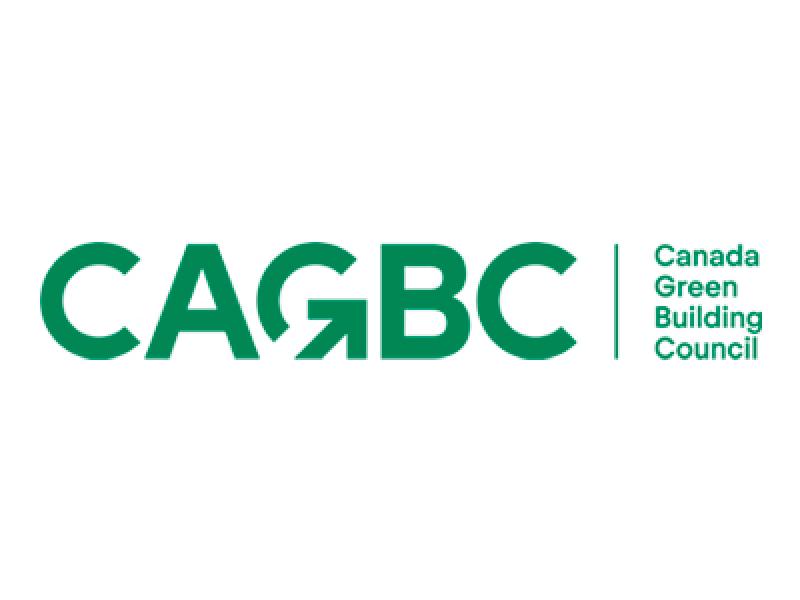
REALPAC CEO Michael Brooks. (Courtesy REALPAC)
The first global survey by REALPAC and several international partners found 92 per cent of respondents already have a diversity, equity and inclusion (CEI) policy, or said they intend to implement one within 12 months.
REALPAC, a national commercial real estate industry association, joined with a host of other organizations and corporate talent management Ferguson Partners Ltd. to release the first global DEI industry survey. Previously, REALPAC had conducted Canada-only surveys since 2018.
Of that 92 per cent, 47 per cent of commercial real estate (CRE) firms have a formal DEI program, and 45 per cent are working to improve or implement more rigorous programs.
The survey collected data from respondents about:
– DEI program structure, resources and ownership;
– policies focused on recruitment, retention, training and development, inclusivity, tracking and accountability and pay equity;
– employee demographics by gender, race/ethnicity and nationality, across seniority and job function;
– as well as DEI hiring, promotion and departure trends year-over-year.
Global disparities in diversity, equity and inclusion
REALPAC CEO Michael Brooks said the data that stood out the most to him was in the regional disparities. He cited the number of women board members as an example. In the Asia-Pacific, respondents reported 26 per cent of their directors were women, with North America at 21 per cent and Europe at 14 per cent.
He said that illustrates a major difference between European action on sustainability and DEI.
“If you really believe in environmental matters, Europe is the leader. But in boardroom-level DEI, it looks like they’re the laggard,” Brooks said. “I think that this report continues to identify the fact that even focusing on gender, there’s still a shortage of women in the C-suite.
“So while women are moving up the ranks, so to speak, it’s still not proportionately at the top yet.”
Globally, the CRE industry is comprised of 58 per cent men and 42 per cent women.
Despite the high number of firms implementing DEI policies, 24 per cent of respondents felt DEI is considered a low priority at their firms. Brooks suggests improvement on this front can be made simply by selling DEI to those in charge as “good business sense.”
“For those CEOs and managers who see it as a negative, older white men only want to see their mirror image and hiring, you have got to make it clear to them that your company will make better decisions,” Brooks said. “If you have a diverse group of employees, your products and services will appeal to a wider group. You will have a much wider talent pool from which to choose if you open it up to underrepresented groups.”
Brooks said the response from the Canadian commercial real estate industry has been positive on major issues where change is needed, like DEI. But, he divides companies into “leaders” and “laggards”.
The latter are typically private companies, sometimes not accountable to a regulator, who are understaffed with less brand power than their larger contemporaries.
He singled out BentallGreenOak, an investment and real estate manager with $70 billion in assets under management worldwide, as a company with “an aggressive DEI policy.” Toronto-based BentallGreenOak is part of SLC Management, the institutional alternatives and traditional asset management business of Sun Life Assurance Co.
Hopes to improve survey data
In North America, 29 per cent of full-time employees at commercial real estate firms are professionals of colour. Insufficient data was collected related to nationality for Asia-Pacific CRE firms and race/ethnicity for European CRE firms, so there is no comparison available.
In the future, however, Brooks is hopeful for more positive responses so CRE firms in Canada and around the world can measure their own policies and results against their peers.
“The hope over time is that we get a good baseline so that we can track progress,” Brooks said. “Right now the REALPAC and the global (survey) isn’t perfectly aligned. So it’s a little more difficult, although we are going to compare and contrast our survey with the global one at some point, have a look and report on what progress has the industry made over these past four years, and what jobs are left to be done.”
The survey included 175 responses from companies covering 435,000 employees globally and representing $2.4 trillion in gross assets under management. The majority of responses were from North America (77 per cent) with 16 per cent from Europe and seven per cent from the Asia-Pacific region.
When it comes to demographic info, the key metrics collected were age, gender and ethnicity, followed by educational background and marital status. But there are some key differences. In Asia-Pacific, languages spoken is also part of the data collection process. On the other hand, the survey notes collecting data on race and nationality was easiest for North American respondents.
The study was conducted between September 8 and October 29, 2021.







